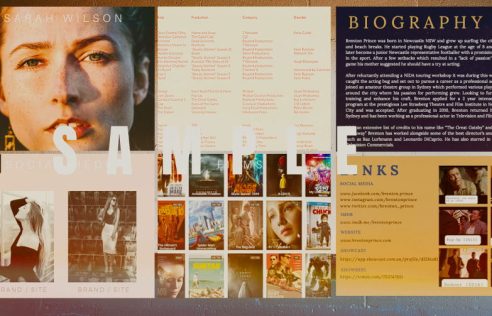Are you thinking about pursuing a music career? If so, you’re probably wondering how to measure the return on investment (ROI) for your music career. While there’s no one-size-fits-all answer to this question, there are some important factors to consider when making your decision. This blog post will explore what you need to think about before taking the plunge into a music career. By the end of this post, you’ll have a better idea of whether or not a music career is right for you and your ROI goals. Let’s get started!
Measuring the return on investment for musicians
When trying to make a living in the music industry, it’s important to know how to measure your career’s return on investment (ROI). This will help you determine whether or not your efforts are paying off and if they’re not, where you need to adjust your strategy.

There are a few different ways to measure the ROI for your music career. The most important thing is to track your progress over time so that you can see how you’re doing. Here are some of the things you should keep track of:
- Sales: This is probably the most obvious metric, but it’s still important to track. Keep tabs on how many albums, singles, or downloads you sell each month or year. This will give you a good idea of how your music is performing in the marketplace.
- Gigs: Gigs are important if you’re a working musician. Keep track of how many shows you play each month or year and what kind of venues you’re playing. This information can help you book better gigs in the future.
- Social media is a powerful tool for promoting your music career. Keep track of how many followers you have on each platform and how much engagement you’re getting. This will give you an idea of how well your social media strategy works.
- Press: Another way to measure your success is by tracking the press coverage you’re getting. Keep track of how often your music is being written about in blogs, magazines, and newspapers. This will give you an idea of how well the industry is receiving your music.
- Revenue: Of course, you also need to track how much money you’re making from your music career. Keep track of your income from sales, gigs, merchandise, and other sources. This will give you a good idea of whether or not your music career is profitable.
Keep track of these metrics over time, and you’ll be able to see how your music career is progressing. Of course, if you’re not happy with the results, it’s time to make some changes. But if things are going well, you’ll be able to continue working hard and chasing your dreams.

How to get a return on music investment?
Music has become one of the most popular forms of entertainment in recent years, with people of all ages enjoying listening to their favorite tunes. However, many people still need to learn how to make money from their music hobby. Luckily, there are a few ways to generate a return on your musical investment.
One way to make money from music is by becoming a live performer. You can book gigs at local venues or even larger events if you have a knack for playing an instrument or singing. You can also sell your own CDs and DVDs of your performances if you want to reach a wider audience.
Another way to make money from music is by working as a session musician. Other artists hire session musicians to play on their tracks, often in the studio. This can be a great way to make extra cash, as you will be paid for your time and efforts.
If you have a large social media following, you can use this to your advantage and make money from music. For example, you can promote your own music on platforms such as YouTube or SoundCloud and earn revenue from ads that are played before or after your videos. You can also sell merchandise with your band’s logo, such as T-shirts and other items.
Finally, if you are a songwriter, you can make money from music by licensing your songs to be used in films, television shows, or video games. This is often done through music libraries, and you can receive a royalty every time your song is used.
If you are looking for ways to generate a return on your musical investment, several options are available. By becoming a live performer or session musician or promoting your music online, you can make money from your passion for music.


